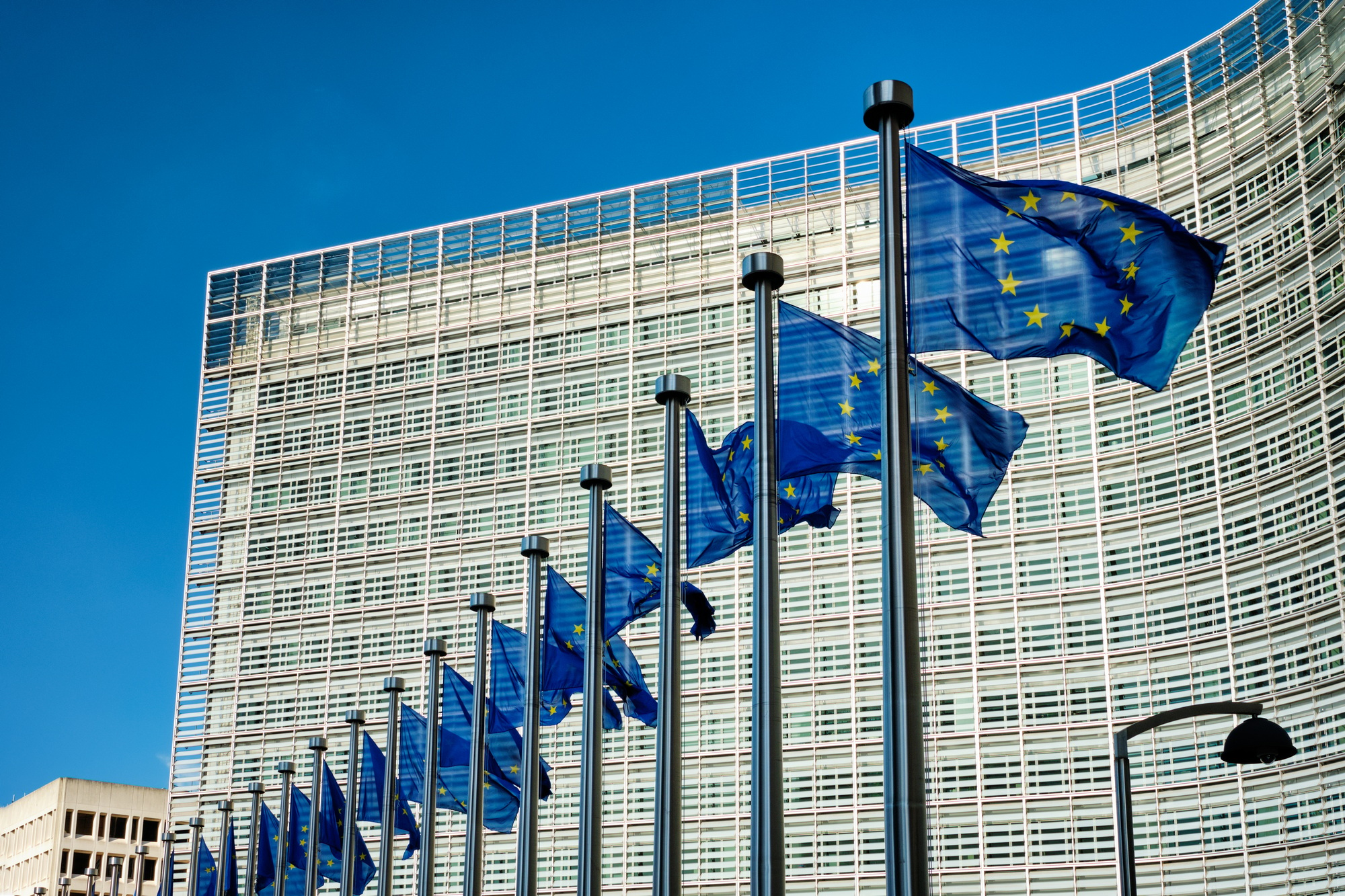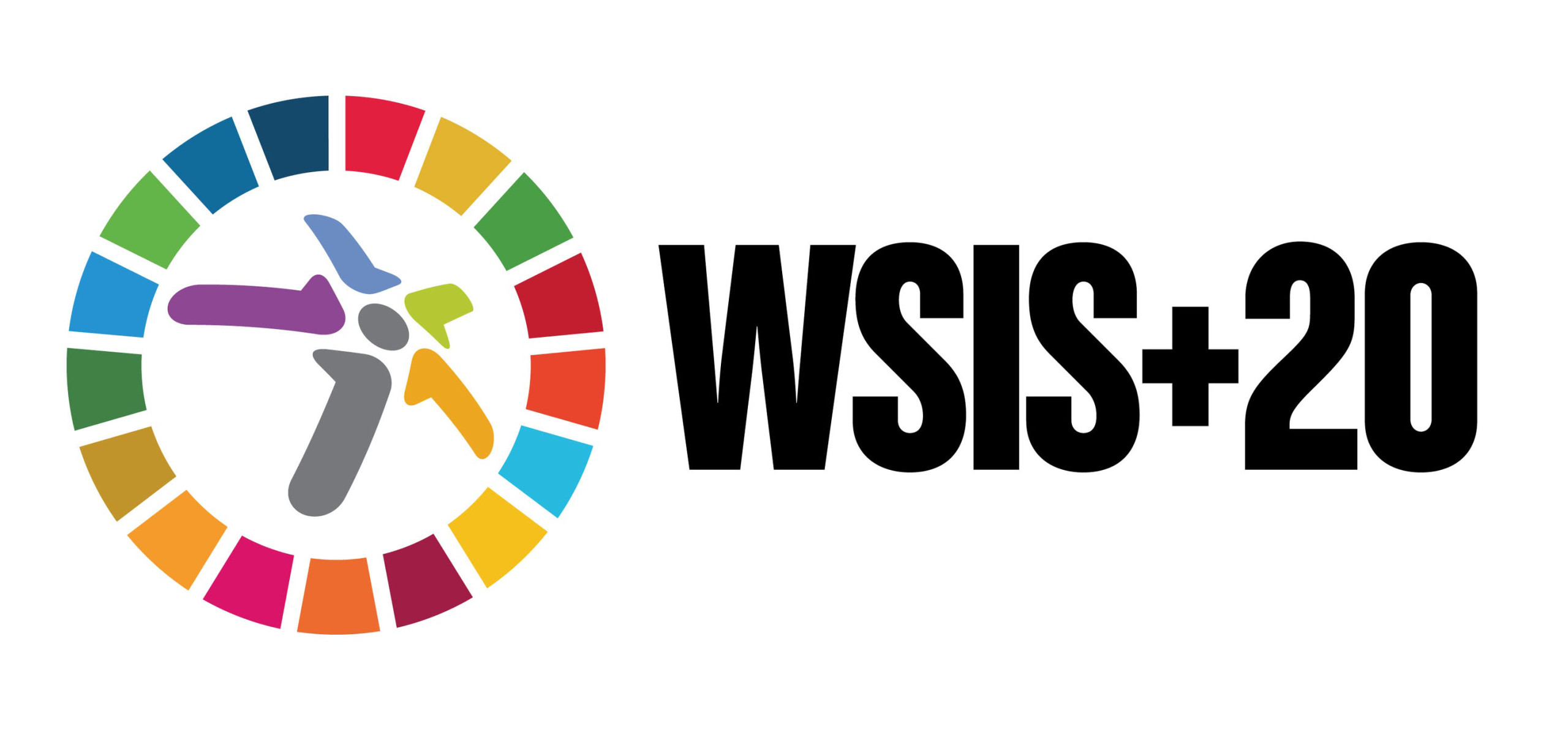Tanzania’s election-period internet shutdown cost over US $238 million, report warns
A new analysis by digital-rights group Paradigm Initiative estimates that Tanzania’s five-day election-period internet blackout and the ongoing suspension of X have cost the country more than US $238 million in lost productivity, trade, and digital services. The organisation says the restrictions have also undermined access to information and free expression, and urges authorities to fully restore services and avoid future disruptions, particularly during democratic processes.










